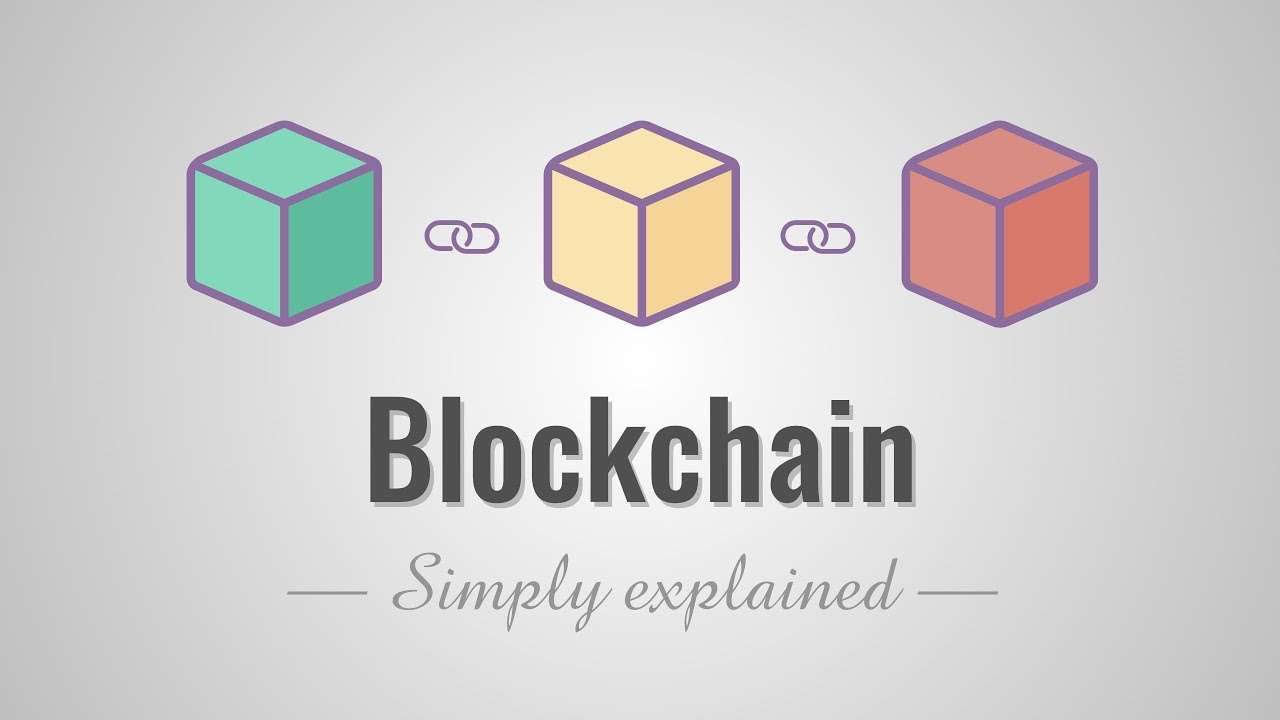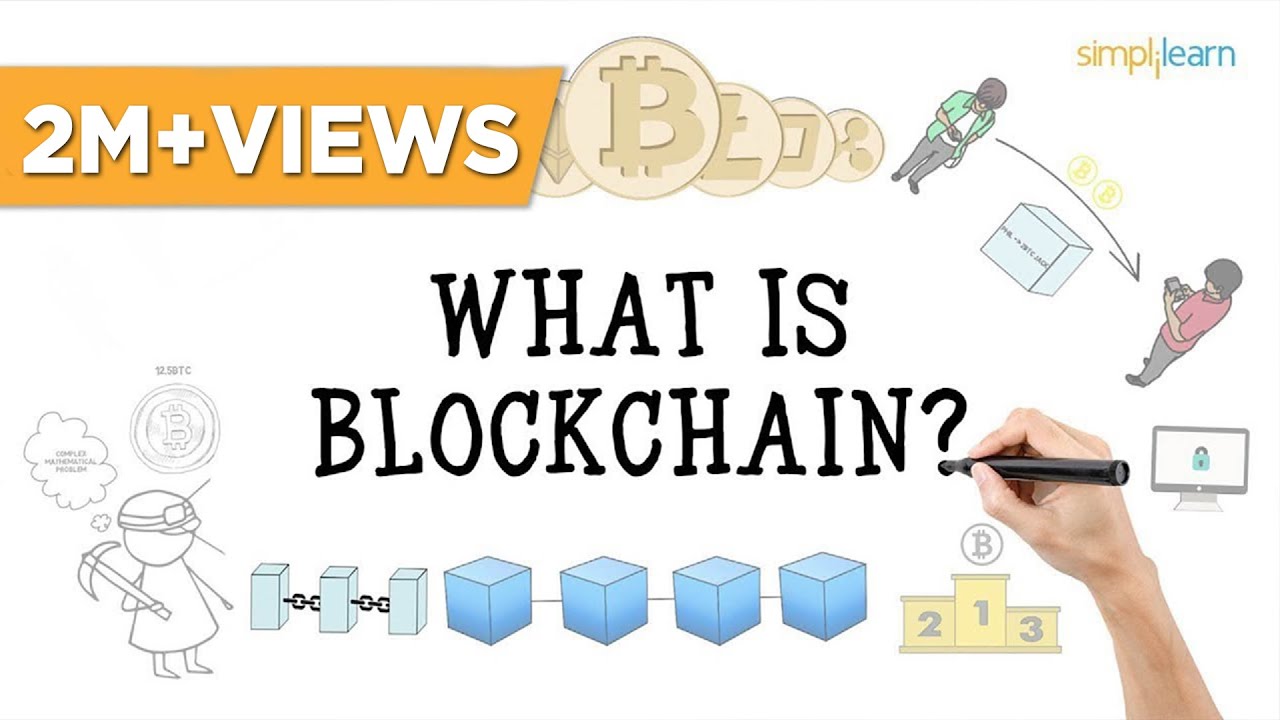Science On The Blockchain - How It Can Change The World
Blockchain technology is revolutionizing industries across the board, and science is no exception. With its decentralized, secure, and transparent nature, the blockchain has the potential to transform the way scientific research is conducted, funded, and published. In this article, we'll explore the science on the blockchainand its potential applications, as well as the challenges and opportunities it presents.
What Is The Science Blockchain?
At its core, the science blockchain is a decentralized, secure, and transparent ledger of scientific data and research. Like other blockchain applications, the science blockchain uses cryptography to ensure that data is immutable and can be trusted. It also enables transparent and secure collaboration among researchers, as well as traceability of research funding and publications.
The science blockchain is still in its infancy, but there are already several promising use cases being explored. Some of the most exciting applications include:

How does a blockchain work - Simply Explained
Blockchain-Based Research Funding
One of the biggest challenges facing scientific research is funding. Traditional funding models often rely on government grants or private donations, which can be difficult to obtain and are subject to political or economic pressures. With blockchain-based funding, however, researchers can receive direct funding from individuals or organizations without the need for intermediaries.
Platforms like Giveth and Sciencerootare already using blockchain technology to facilitate direct funding of scientific research. Through these platforms, researchers can create funding proposals and receive donations in cryptocurrency, with full transparency and traceability of funding sources and expenditures.
Decentralized Peer Review
Another challenge facing scientific research is the peer reviewprocess. Traditional peer review relies on a small group of experts to evaluate the quality and validity of research. This can lead to bias and subjectivity, as well as a lack of transparency in the review process.
Blockchain-based peer review, on the other hand, can be decentralized and transparent. Platforms like Publons and Orvium are already using blockchain technology to create decentralized peer review systems, where anyone can review and validate research, and where the review process is transparent and traceable.
Secure Data Sharing And Collaboration
Scientific research often involves collaboration among researchers in different institutions and countries. However, sharing data and collaborating securely can be challenging due to issues of data ownership and security.
Blockchain technology can enable secure and transparent data sharing and collaboration among researchers. Platforms like Ocean Protocol and Protocol Labs are already using blockchain technology to create decentralized data marketplaces, where researchers can share and monetize their data securely and transparently. Also it can be used with videogames, you can see that use in this article fromPurenetworth.

Blockchain In 7 Minutes | What Is Blockchain | Blockchain Explained|How Blockchain Works|Simplilearn
Challenges And Opportunities
While the science blockchain presents many exciting opportunities for scientific research, it also faces several challenges. One of the biggest challenges is scalability, as the blockchain is currently limited in its ability to handle large amounts of data. This can make it difficult to use blockchain technology for large-scale scientific research projects.
Another challenge is the need for standardization. With so many different blockchain platforms and protocols, it can be difficult to create a unified system for scientific research. Standardization will be essential to ensure interoperability and compatibility among different blockchain-based systems.
Despite these challenges, the science blockchain presents many opportunities for scientific research. By enabling direct funding, decentralized peer review, and secure data sharing, the science blockchain has the potential to accelerate scientific progress and transform the way research is conducted, funded, and published.
The Future Of Science On The Blockchain
The future of science on the blockchain is bright. As more research is conducted on the blockchain and more applications are developed, we can expect to see a growing ecosystem of blockchain-based scientific research.
One area where the science blockchain has particular potential is in the field of open science. Open science aims to make scientific research more transparent, collaborative, and accessible to all. By enabling direct funding, decentralized peer review, and secure data sharing, the science blockchain can help accelerate the shift towards open science.
Another area where the science blockchain can have a significant impact is in scientific publishing. The current scientific publishing system is often criticized for being slow, expensive, and lacking transparency. By using blockchain technology to create decentralized publishing platforms, we can create a more efficient, affordable, and transparent system for publishing scientific research.
The Role Of Governments And Institutions
Governments and institutions have an essential role to play in shaping the future of science on the blockchain. While blockchain technology has the potential to revolutionize scientific research, it also presents new challenges and risks.
One of the key roles of governments and institutions is to provide a regulatory framework for blockchain-based scientific research. This framework should aim to ensure that blockchain-based research is conducted ethically, transparently, and in compliance with existing regulations and standards.
Governments and institutions can also provide funding and support for blockchain-based research initiatives. By investing in blockchain-based research, governments and institutions can help accelerate the development of new applications and ensure that the benefits of blockchain technology are realized.
The Importance Of Data Security
One of the most significant benefits of the science blockchain is the enhanced security it provides for scientific data. With the current centralized systems, data is vulnerable to tampering, loss, and theft. However, by storing data on a decentralized blockchain network, the data becomes more secure and resilient to attacks.
Furthermore, the immutable nature of the blockchain ensures that scientific data cannot be altered once it is recorded, providing greater confidence in the integrity of research findings. This is especially important in fields such as medicine and healthcare, where the accuracy and reliability of data are critical.
The Role Of Blockchain In Research Funding
Another critical area where the science blockchain can have a significant impact is in research funding. With the current centralized funding system, researchers often face significant bureaucratic hurdles in securing funding for their projects.
However, by using blockchain technology, funding can be more decentralized, with direct funding from individuals and organizations possible through the use of smart contracts. This can help to eliminate the middleman and reduce costs while enabling greater collaboration between researchers and funders.
Challenges And Limitations
While the science blockchain has enormous potential, there are also several challenges and limitations to its implementation. One significant challenge is the scalability of the technology, which is currently limited in terms of transaction processing speed and capacity.
Furthermore, the regulatory environment around blockchain-based research is still evolving, and there is a need for clear guidelines and standards to ensure that research is conducted ethically and transparently.
Finally, there is a need for greater awareness and education around blockchain technology in the scientific community, to ensure that researchers and institutions can make informed decisions about its implementation.
People Also Ask
What Is The Science Behind Blockchain?
The science behind blockchain is primarily computer science, cryptography, and distributed systems. Blockchain is a digital ledger that uses cryptographic techniques to secure data in a decentralized network of computers. The concept of blockchain was first introduced in 2008 as part of the Bitcoin protocol, and since then, it has been applied in various industries beyond finance.
Is Blockchain Technology A Science?
Blockchain technology itself is not a science, but it is an application of various sciences, such as computer science, cryptography, and distributed systems. Blockchain is a tool that can be used in various industries, including finance, supply chain management, and scientific research, among others.
Is Blockchain A Data Science?
Blockchain is not a data science, but it can be used to enhance data science. By storing data on a decentralized blockchain network, data becomes more secure and resilient to attacks, and the immutable nature of the blockchain ensures that data cannot be altered once it is recorded.
This provides greater confidence in the integrity of research findings and can be particularly valuable in fields such as medicine and healthcare. However, blockchain is not a data science in itself, but rather a technology that can support data science.
Conclusion
The science blockchain has the potential to transform the way scientific research is conducted, funded, and published. By enabling direct funding, decentralized peer review, and secure data sharing, the science blockchain can bring greater transparency, collaboration, and efficiency to scientific research.
While there are challenges to overcome, the opportunities presented by the science blockchain are too great to ignore. It's an exciting time for scientific research, and the science blockchain is poised to play an important role in shaping its future.
Governments and institutions have a crucial role to play in ensuring that blockchain-based research is conducted ethically, transparently, and in compliance with existing regulations and standards. By investing in blockchain-based research initiatives, governments and institutions can help accelerate the development of new applications and ensure that the benefits of blockchain technology are realized.
